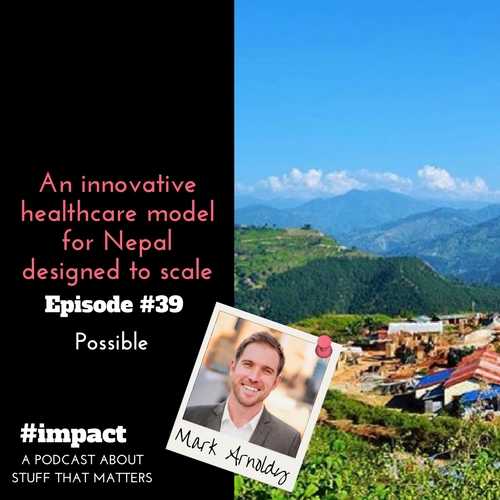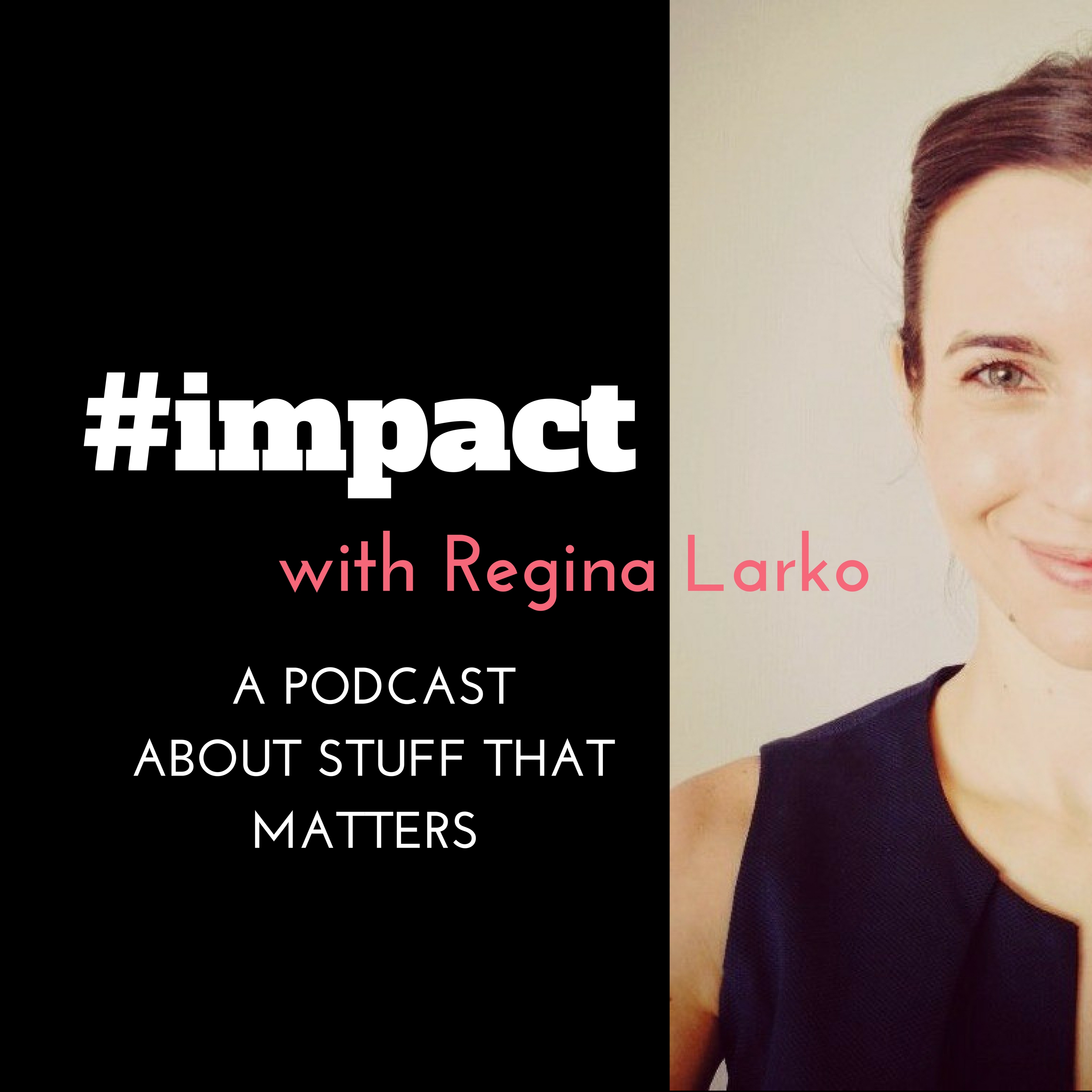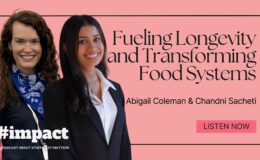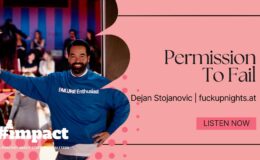Podcast: Play in new window | Embed
Mark Arnoldy is playing the long game to bring sustainable healthcare designed to scale to rural Nepal.
In this episode, you meet Mark Arnoldy, CEO of Possible, a Non-Profit organisation that sets up health services in poor, remote regions, initially in Nepal. Possible uses data-driven patient management and community health workers armed with tablets and diagnostic apps to transform rural healthcare.
They believe everyone deserves access to high-quality, affordable healthcare.
We recorded this interview on an early Hong Kong morning when Mark was in town to meet with local funders and board members. He had just gotten off a plane, but the jet lag couldn’t keep the passion and determination out of his voice while he told his stories.
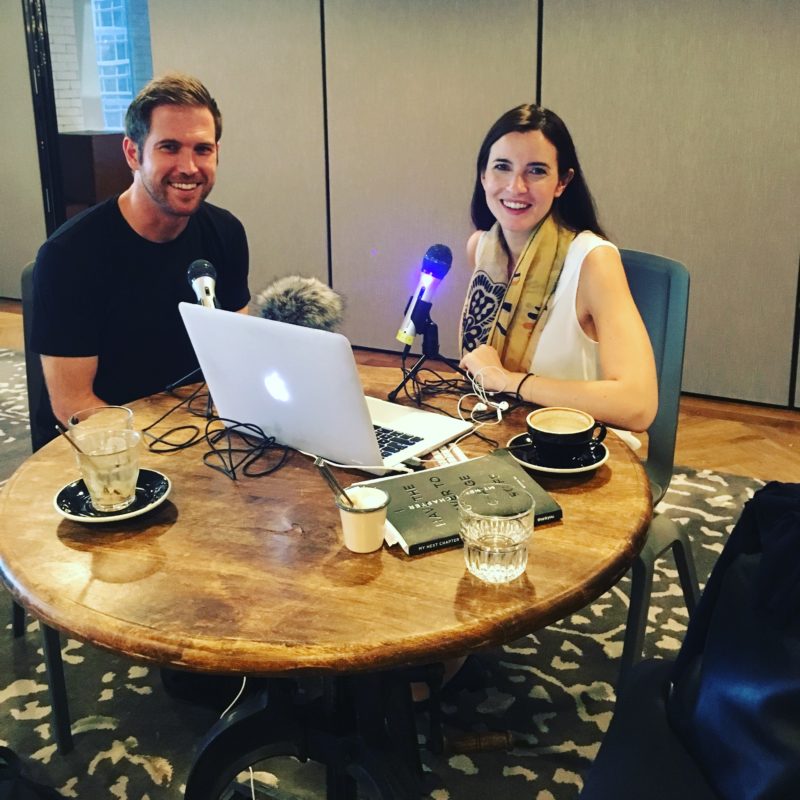
Recording with Mark Arnoldy, CEO of Possible, on his short stopover in Hong Kong on his way to Nepal.
In this episode, you will learn about…
- How Mark keeps his energy levels up while spending days commuting between very different offices in New York, Hong Kong and Nepal.
- Why long time horizons are necessary to create sustainable social innovation.
- Why leaders should take sabbaticals.
- How connectivity is changing the landscape and the opportunities in the most remote regions.
“Had I been born in many places, I probably wouldn’t be here.”
There has been a lot of discussion in the media about the concept of “privilege”. Mark’s appreciation of his own particular privilege – private insurance and advanced pharmaceuticals that have kept him alive despite multiple life-threatening conditions – is exactly what led him to found Possible.
Mark does not take his luck at being born into a wealthy country for granted.
Mark’s travel to Nepal as a Fulbright Scholar opened his eyes to extreme poverty and in 2008 the early version of Possible was founded, backed by volunteers. It became more robust in 2011, with Mark joining as full-time CEO. This step was necessary for the long-term success of the organisation.
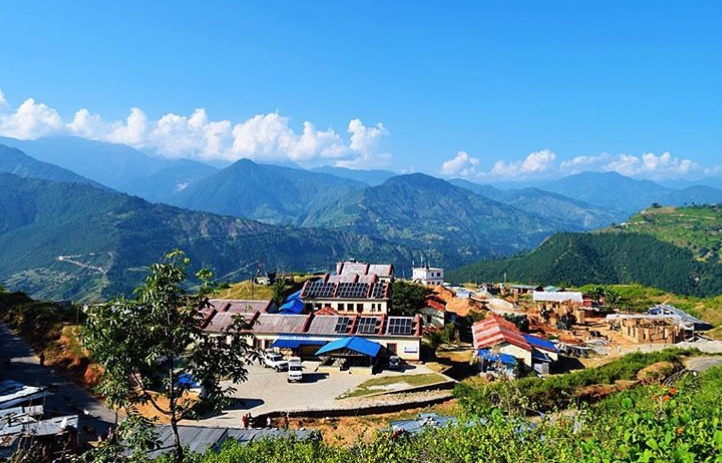
A hospital in rural Nepal managed and run by Possible. Photo Credit: Possible
“If it works for [the poorest], it could work for everybody.”
Possible aims to deliver “durable healthcare” – healthcare that works for the poorest, most remote patients. In Nepal, Possible utilises old government infrastructure, high-quality private management techniques – harnessing technology and data as well as the latest research – and a philanthropic funding model.
Taking the best of both worlds, they are building a model that can provide reliable, cost-effective, quality healthcare.
They have worked closely with the government of Nepal and new national healthcare legislation will soon reduce the need to rely on donations. To get to this point, they needed to prove the possibility to the government. Mike started with a 10-year vision, always with the goal of long-term sustainability.
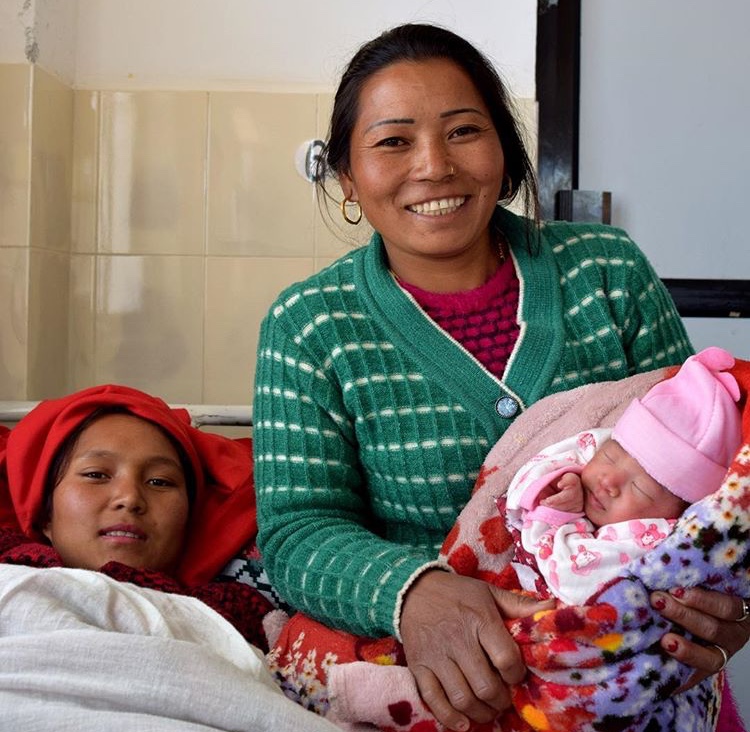
A baby girl is delivered at Charikot Hospital, Dolakha. 78% of women in the Possible catchment area gave birth in a healthcare facility in the past year, with corresponding decreased maternal and child mortality recorded throughout the Possible community. Photo Credit: Possible (Instagram)
The importance of telling a great story
Mark spends most of his time on management and fundraising, but he still makes time to occasionally see patients. Those are the most meaningful experiences for him, and telling the stories of patients is how Possible communicates with its funders.
He shares a story of a young girl who needed surgery to repair a decade-old burn. Possible told her story on posters in the New York subway and ordinary people crowdfunded her surgery. Mike still checks in with the girl and her family regularly to remind him of the true purpose of his work.
“I always want things to be bigger and better and faster.”
Like many social entrepreneurs that we’ve sat down with, Mike is impatient. He has visions of great change and he knows how many lives are at stake, but systemic change takes time. He does use the sense of urgency to keep him focused, to draw on extra reserves of grit to bounce back from failures and obstacles.
Got some time to give this episode a listen and hear more about Mark’s journey and Possible’s incredible impact? Scroll all the way up and press play. Then you will also hear how he has learned to manage expectations, why a little solitude can make you more productive and where to get amazing Australian coffee in Hong Kong.
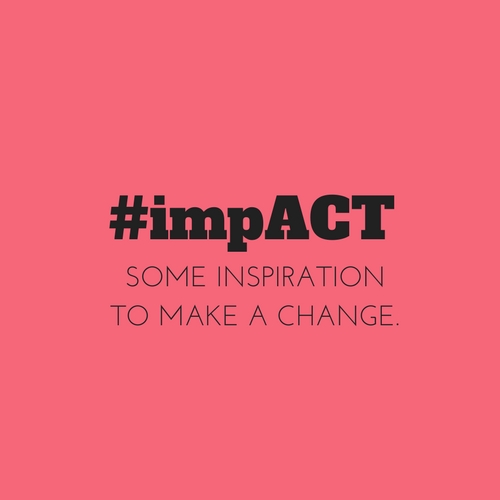
Our learnings from this episode. Have something to add? Get in touch with us here!
#impACT
- To be productive and effective as a social entrepreneur, you need to take care of yourself. Pay attention to keeping your mind and body healthy. Find a creative outlet.
- Get in touch with Mark directly with your ideas of how best to support Possible, mark@possiblehealth.org
- Learn how power works in your local community – get involved to start affecting change.
- Follow and join the conversation with Possible and connect with them on Facebook, Twitter, LinkedIn and Instagram.
#Healthcare does not have to be out of reach. Possible is proud to be one of 6 organizations sharing what they’ve learned around community health design in low-resource settings. Read the full #CHWImpact report here.
